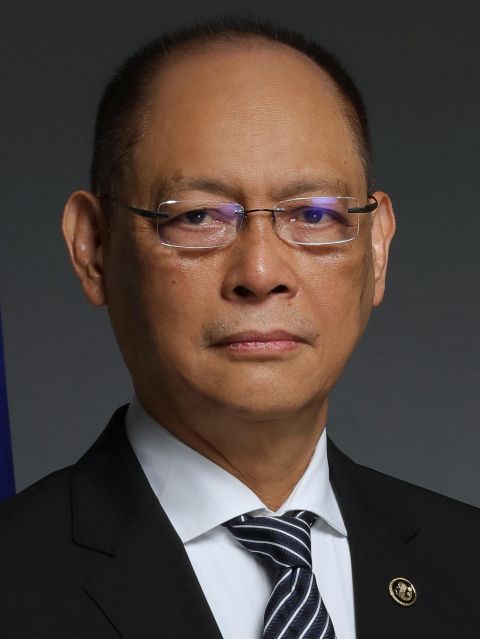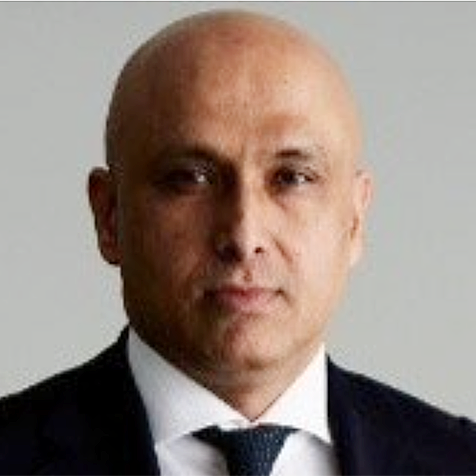
In an exclusive Q&A session with The Asset, Bangko Sentral ng Pilipinas (BSP) Governor Benjamin Diokno discusses the lessons learnt from the pandemic, and what the government and other sectors of society should do to meet the challenges of the post-Covid world.
(Last of a two-part series)
Q. As we contain Covid-19, eventually, what are the most significant changes you consider as important for the country? Do you see the role of the government/central bank/public sector likely to be reshaped after this crisis? If so, how?
A. A “New Economy” is expected to result from the Covid-19 pandemic as people, businesses, government institutions, and other entities heed the lessons learnt to build a better and safer world.
First, people, businesses, and other entities will increase reliance on technology for their everyday life and operations. E-commerce will gain importance in the Philippines’ “New Economy”, as businesses and consumers increase the use of online platforms, including cashless payment systems. Work-from-home arrangements, which will be the norm for some even after the pandemic, will also boost the demand for digital technology. All these need to be supported by a safe and reliable digital infrastructure system with robust and dependable cyber-security protection.
The role of ICT will be pivotal in the efficient and reliable delivery of goods and services, including the government’s cash transfer programmes for the vulnerable members of society.
Second, the Covid-19 pandemic is further enhancing collaboration among concerned entities in the country.
There will be close coordination between the national government and the BSP in the implementation of fiscal and monetary response measures.
Central banks play a crucial part in maintaining stability of global financial markets and keeping the flow of credit to the economy – as liquidity constraints could easily spiral into insolvency during crises. On the other hand, the national government, through fiscal measures, have the capacity to directly provide support to the vulnerable sectors.
National governments and central banks should coordinate well and leverage on their respective strengths and mandates to maximize chances of recovery, and this is something that we are seeing in the Philippines.
Meantime, cooperation among the national government, local government units, the private sector, and civil society is also important to enable a whole-of-society action towards recovery. The Covid-19 crisis has taught us relevant and practical lessons about preparedness and the value of integrating all government and private initiatives in dealing with nationwide and global issues.
In the Philippines, coordinated relief measures by the government and the BSP, as well as the proactive response from the private sector – as evidenced by altruistic actions toward the vulnerable sectors – are helping the nation cope with the crisis and position itself toward recovery over the near term.
Third, there is a need for expeditious implementation of the national ID system. Having a national ID system could facilitate prompt and efficient delivery of government services, including cash transfers to the vulnerable sectors in times of crisis.
A national ID system also helps accelerate the process of financial inclusion. With it, everyone has a proof of identity, which is a Know Your Customer (KYC) requirement of banks, and so access to financial services expands.
Following the passage of the Philippine Identification System Act, a national ID system will soon be fully operational in the country.
Q. What is/are the most important lessons/takeaways you believe as a result of this global pandemic?
A. The Covid-19 pandemic is an unprecedented event that put the global economy to a halt, erasing any possibility of growth this year. Nonetheless, as most of the global economic crises, it provides important lessons to governments in terms of preparing for crisis of the same scale in the future.
First is the importance of building sufficient buffers during good times. The Philippines has entered the crisis in a position of strength, with low debt burden, stable banking sector, manageable inflation, and healthy external accounts following implementation of structural reforms over the past two decades. The fiscal and monetary space has allowed the government and the BSP to implement decisive, prompt, and massive relief and mitigating measures without fear of a debt blowout.
Furthermore, a sound macroeconomic and policy environment is also vital in ensuring business continuity of banks and other financial institutions, which have to meet the financial services needs of the public more so in times of crisis.
Second, the government has to incentivize the use of science and technology in healthcare and other areas of policymaking. There is a need to strengthen the government’s monitoring and evaluation systems for policy responses and actions. The Covid-19 pandemic highlights the differing vulnerabilities among segments of the population. In all settings, the poor are most at risk from and least equipped to cope with the health and economic impacts of the pandemic.
Given these unprecedented circumstances, the government must be able to track the progress of its policies, account for the resources used, and ensure that the benefits of government action are well distributed. The government must also be ready to take action should the evidence warrant it. Without these capacities, governments will not be able to adequately assess how its policies affect the people and risk letting the most vulnerable to bear a disproportionate burden of the consequences.
Third, it pays to have a resilient workforce. Strengthening the educational system and taking advantage of the country’s demographic dividend by upskilling the current and future workforce will further strengthen the ability of Filipinos to survive future crises.
As the Philippines continues its battle against Covid-19 as well as its impact on lives and livelihoods, the BSP will remain one with the government and the entire nation in working towards a strong recovery.
As part of The Asset's coverage on the Philippines, we are hosting a webinar on innovations in the Philippine capital markets. For more information about this virtual event please go here.


.jpg)






